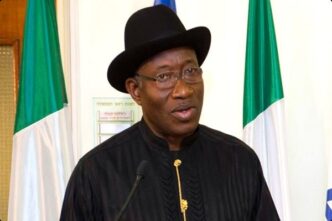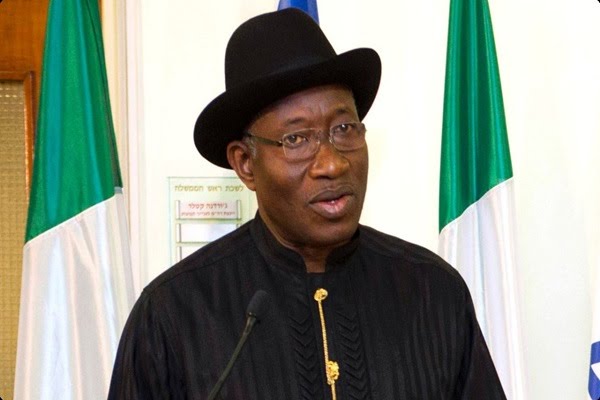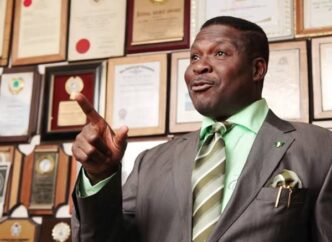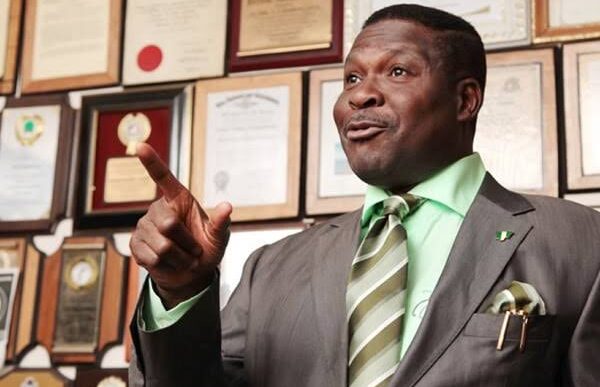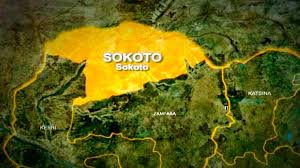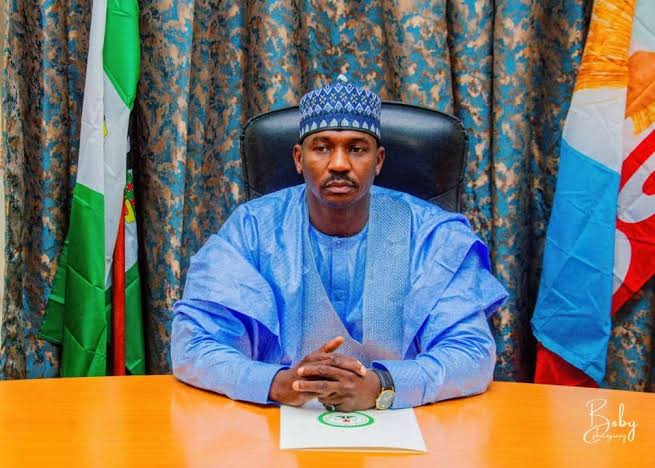I must begin with a caveat: this analysis is strictly a clarification of constitutional interpretation. It should not be mistaken for an endorsement of Dr. Goodluck Ebele Jonathan as a presidential choice in 2027. My duty here is simply to state the law as it stands.
The controversy stems from Section 137(3) of the 1999 Constitution (as amended by the Fourth Alteration, 2018), which provides:
> “A person who was sworn in to complete the term for which another person was elected as President shall not be elected to the office of President more than once.”
The intention behind this provision was to prevent a Vice President (or Deputy Governor at the state level) who completes the tenure of a deceased or removed principal from enjoying the possibility of two further full terms.
Former President Jonathan became President in 2010 following the death of President Umaru Musa Yar’Adua. He completed Yar’Adua’s tenure and subsequently contested and won the 2011 presidential election, serving a full term (2011–2015). He contested again in 2015 and lost.
Thus, in terms of actual elections, Jonathan has only been elected once, in 2011.
The question of his eligibility has been judicially addressed. In Andy Solomon & Idibiye Abraham v. Dr. Goodluck Ebele Jonathan & Ors. (Suit No. FHC/YNG/CS/86/2022, delivered 27 May 2022 by Justice Isa Hamma Dashen, Federal High Court, Yenagoa), the court held that Section 137(3) could not be applied retroactively to disqualify Jonathan. The 2018 amendment came into force long after he ceased to hold office, and retrospective interpretation is impermissible unless expressly provided. Since the amendment does not state retroactive effect, Jonathan remains eligible.
Even earlier, in Cyriacus Njoku v. Dr. Goodluck Ebele Jonathan (2015, FCT High Court), the court held that Jonathan was eligible to run.
Some colleagues argue that the Constitution envisages a maximum of eight years for any individual to serve as President, and that allowing Jonathan to contest again could see him serve a cumulative nine years, which would contradict the supposed intention of the framers of the Constitution.
My simple answer to that puzzle is that what transpired in 2010 was not a “term” recognized by election. It was a constitutional act of succession under Section 146(1) of the 1999 Constitution as amended, which provides that the Vice President shall step into the office of the President in the event of death, resignation, or removal of the latter. Nature abhors a vacuum, and Jonathan’s assumption of office in 2010 was by operation of law, not by electoral mandate.
Therefore, that succession period cannot properly be counted as part of his elected tenure when computing his years in office. In reality, Jonathan has only served one elected term (2011–2015).
The Supreme Court of Nigeria has consistently affirmed the presumption against retrospective application of statutes. Cases such as Nwobodo v. Onoh, Afolabi v. Governor of Oyo State, and Uwaifo v. Attorney-General of Bendel State are authorities for the proposition that laws are presumed to operate prospectively unless expressly stated otherwise. This principle is anchored on fairness, certainty of law, and the protection of vested rights.
It follows that Section 137(3) cannot be used retroactively to disqualify former President Jonathan. He has only been elected once (2011-2015), and the constitutional limit remains “not more than two elections.”
Therefore, it is my considered opinion that Dr. Goodluck Ebele Jonathan is not under any constitutional disability to contest the 2027 presidential election if he so desires. Whether he chooses to do so, and whether Nigerians deem him fit for another chance – are entirely political questions.
The law, however, is clear: former President Jonathan is eligible.
Email ubangwa@gmail.com
Dr. M.O. Ubani, SAN is a Legal and Policy Analyst
Gatekeepers News is not liable for opinions expressed in this article, they’re strictly the writer’s

